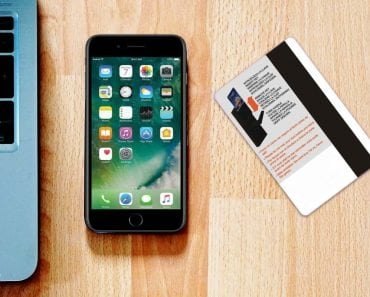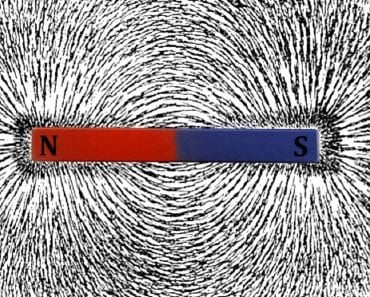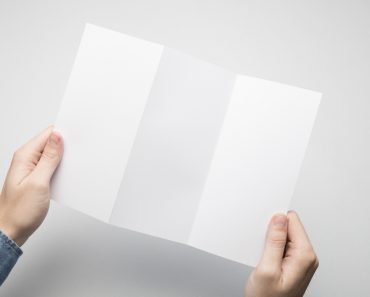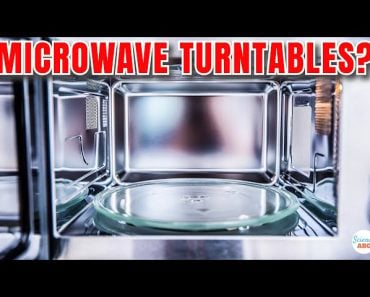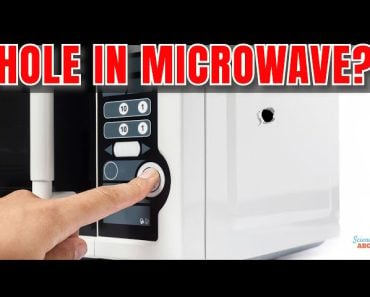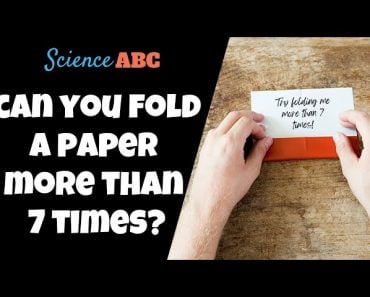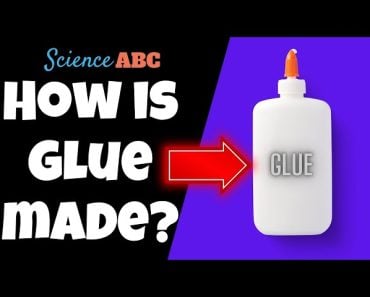Table of Contents (click to expand)
Magnet paper, as the name suggests, is a type of laminate that combines a sheet of magnets with paper. It can be cheaply acquired and printed on for a wide variety of uses.
If you’ve been looking for a new way to spice up your classroom whiteboard lectures, want to promote an event you’re hosting in a creative way, or create an emergency phone number list that won’t fall off the fridge, you may want to look into magnet paper. Despite the less than creative name, magnet paper is a clever and useful product that can be used with many common inkjet printers.
Recommended Video for you:
What Is Magnet Paper?
Magnet paper is a combination of magnetized rubber and paper, and typically comes in letter-sized (A4) sheets for easy printing. This type of paper is very popular for short-term advertising and marketing efforts, instant magnet photos for the fridge, educational tools, business cards and so much more.
The paper becomes magnetized because the elastic rubber or plastic on the back is embedded with magnetized strontium ferrite powder, or some other magnetized material. Basically, millions of tiny magnets create a flexible magnetic sheet! The thickness of the magnet designates its strength, but thicker types of magnet paper are more limited in terms of the printers that can handle their size.
These sheets work best when attached to a solid metal object, such as a refrigerator door or other metal surfaces. The material is also very pliable and easy to cut with a razor blade or scissors. You can create a number of different magnets, such as uniquely personalized name tags, without buying them in bulk from a traditional manufacturer of custom magnets.
Magnet paper can be matte or glossy, and is ideal for high-quality photos. The paper can be fed through most printers one sheet at a time, and the width of the paper tends to range from 15 millimeters to 60 millimeters. While many companies sell magnet paper in the same size as normal printer paper, there are other forms, such as larger rolls for large-format printing. You should always print on the highest possible quality to get the best results for your magnets.
Disadvantages To Magnet Paper
While this is a very cool product that can lead to some awesome merchandise, there are some clear downsides. Due to the materials involved in magnet paper, it is not safe to use it in laser printers. Inkjet printers are quite common, but there are some older models that still generate a decent amount of heat, and may not be ideal for printing on this material.
If the printing tray doesn’t push out flat, it could cause deformations in the image being printed, and this paper (once printed), should not be exposed to water or excess sunlight. While the material won’t rust, the exposure to UV rays can make the material brittle, which could compromise its magnetic hold.
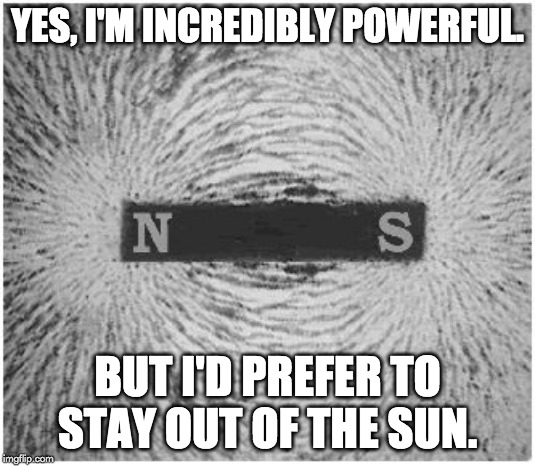
Furthermore, in terms of convenience, using magnet paper on any sort of large print order isn’t very efficient. The sheets can only be loaded into the printer one at a time, or else the sheets would stick together and load improperly.
Printers also tend to heat up when used for extended periods, which adds to the risk of using an old printer. Some types of printers use electromagnets to operate the machinery, and this can lead to printing disasters with magnetized paper. Similarly, ferrous materials in the printer itself may attach to the paper and not let it pass through the machine. Checking your printer and doing your due diligence online before using magnet paper is a wise move.
A Final Word
Whether you are creating funny new fridge magnets for your kids or sprucing up the office with some eye-catching signage, magnet paper can be a quick, inexpensive and fun way to advertise and communicate. While there are a few disadvantages and limitations to this creative medium, it is definitely something that can help you stand out in a crowd of business cards and flyers!



